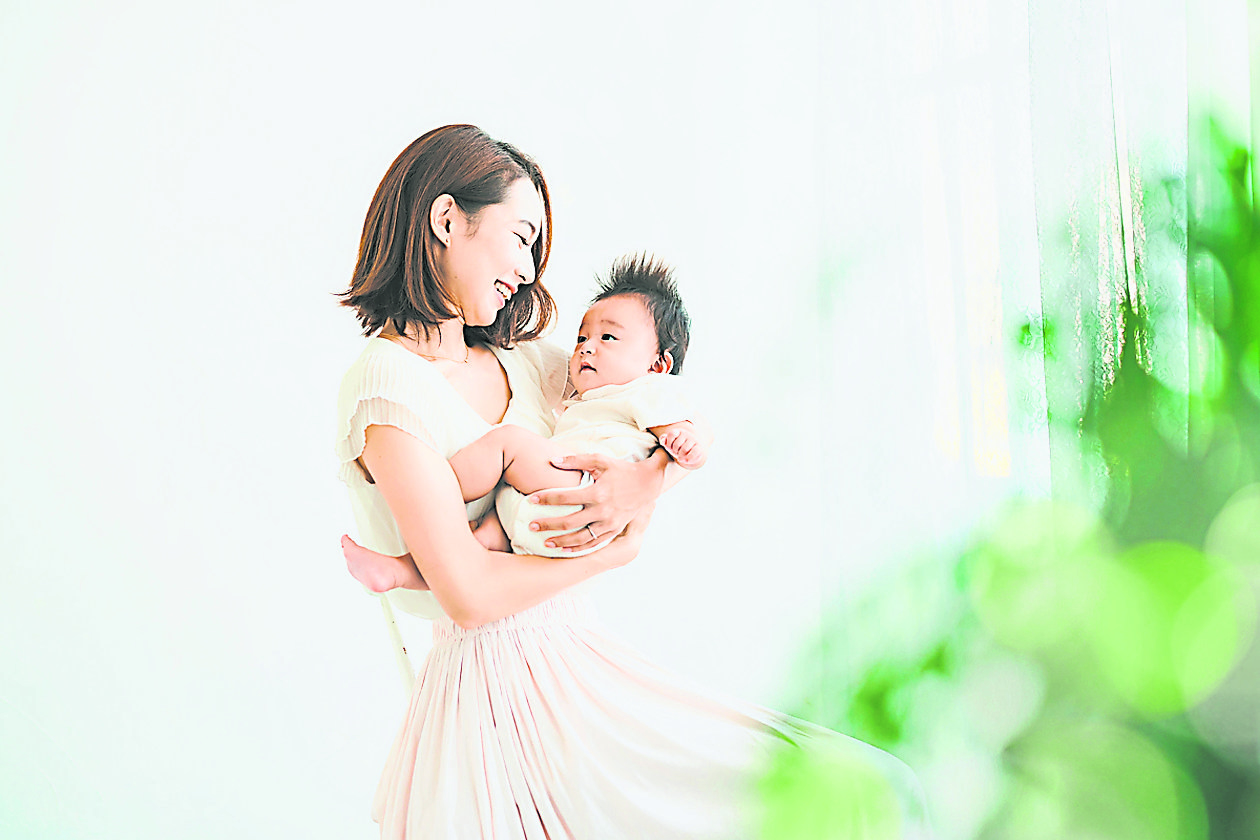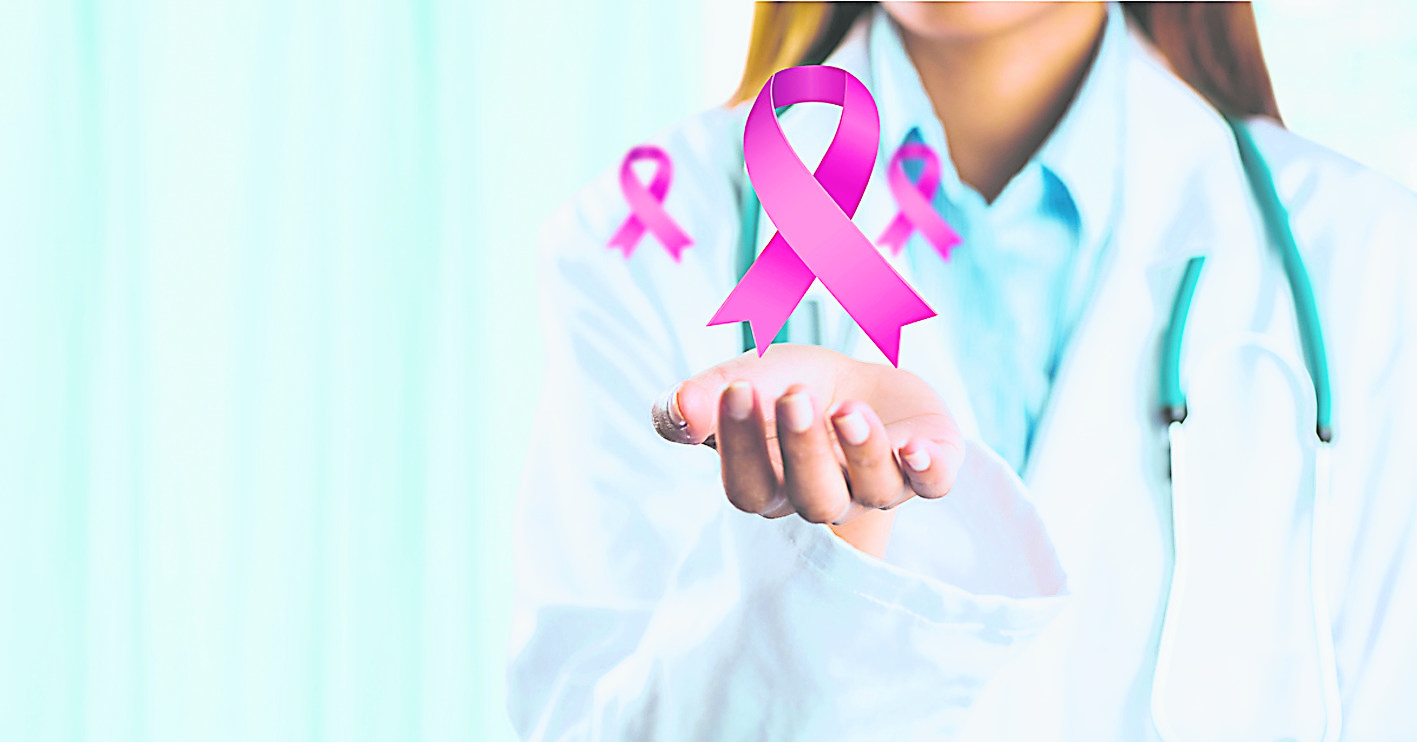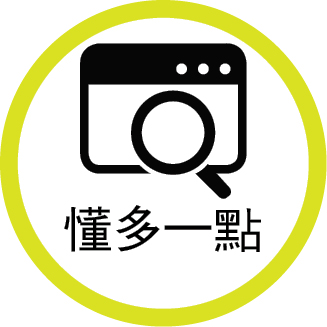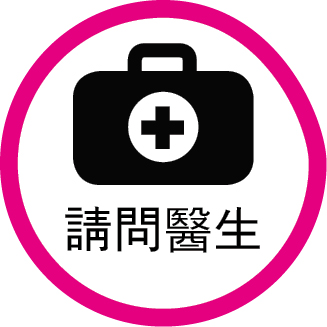Freezing eggs or embryos before treatment can also be a mother with breast cancer
[ad_1]
(Kuala Lumpur News) In Malaysia, there are not many young breast cancer patients. Although breast cancer is the No. 1 killer of women in our country, most of the patients have passed the childbearing age. However, due to the increasing age of young patients and even unmarried patients Younger, they were all devastated when they learned they had breast cancer.
Dr. Lin Yunxuan
(Dr Helena Lim Yun Hsuen)
Fertility check before treatment
Dr. Helena Lim Yun Hsuen, consultant in obstetrics, gynecology and assisted fertility, pointed out that before starting breast cancer treatment, young patients should have a fertility check, especially those who are unmarried or planning to have children.
“My advice is to go to a gynecologist and check your own fertility first. If the situation and the economy allow it, I will advise these young patients to do egg freezing (for unmarried people) or frozen embryos (for married people).”
For young patients, receiving cancer treatment will destroy the fertility of women, especially the part of radiotherapy or chemotherapy, so before surgery, first understand whether you will have a baby in the future, and you can even talk to the attending doctor Talking about it, most patients will undergo surgery to remove cancer cells, but before that, young patients can ask their doctors for advice, choose to freeze eggs or embryos, and then receive chemotherapy or radiotherapy.

“Freezing eggs,
It was originally intended to preserve the fertility of cancer patients before starting cancer treatment,
It is now an established fertility protection technique.
More and more women are not ready to have children,
Or did not meet a suitable partner, but chose to freeze eggs,
This is an option for them in their quest to preserve their fertility. “
Biologically, men and women are very different. After women are born, the number of eggs is limited, and it will be greatly reduced around the age of 40. For some women, the only choice is when they are young and still If healthy, freeze their eggs.
Even with surgery, a young breast cancer survivor is just as capable of having a baby as a healthy woman, she points out. And a young single patient with breast cancer underwent egg freezing before radiotherapy and chemotherapy for breast cancer. After treatment, she met her lover and got married. Generally speaking, as long as there are frozen eggs, she will still have a chance to conceive.
Egg quality declines after age 35
She also emphasized that women have a high incidence of various breast diseases, among which breast cancer has become one of the main malignant tumors that endanger women’s health. According to statistics, about 1.2 million women around the world suffer from breast cancer every year, and 500,000 of them die from the disease. The incidence of breast cancer in my country has been on the rise in recent years, and it is getting younger and younger.
“Preserving fertility and becoming a mother is almost every woman’s dream. However, the rejuvenation of breast cancer often delays the ‘birth plan’, but they worry that they will not be able to have a healthy and lovely baby as they grow older.”
She said that the quality of women’s eggs began to decline after the age of 27, and the rate of decline in egg quality accelerated significantly after the age of 35. Therefore, many women, even if they are not breast cancer patients, are beginning to realize the necessity of freezing eggs. Women can freeze eggs before the age of 35 to preserve their fertility.
She said the success of egg freezing, defined as the chance of pregnancy, is strongly dependent on the quality of the eggs at the time of freezing, which is largely determined by a woman’s genetic makeup and her age, which means that every The odds of success can be quite different.
“Generally speaking, if a woman is 30 to 35 years old and has no family planning in the short term, she can plan to freeze her eggs in advance. Although there is currently no hard and fast rule about the age at which eggs cannot be frozen, it is effective to freeze eggs only when she is over 40 years old. Therefore, the earlier the eggs are frozen, the better the quality of the eggs and the higher the chance of success in the future.”

 Unmarried embryo freezing is illegal only for married women
Unmarried embryo freezing is illegal only for married women
During cancer treatment, chemotherapy, radiation, and even pelvic radiation can damage the ovaries, so many single women choose to freeze their eggs before cancer treatment begins in order to preserve their eggs.
Egg freezing prior to treatment.
Another option is to freeze embryos before cancer treatment, but this only applies to married women. Retrieving the eggs to fertilize them with the husband’s sperm and then freezing the fertilized eggs is the best method of fertility preservation.
Husband and Wife Cannot Take Embryos
In Malaysia, egg freezing is a matter for one person (non-Muslim), while frozen embryos are the joint property of the couple. In other words, if they are an unmarried couple, they cannot freeze embryos because it is illegal in law.
So before freezing the embryos, please make sure that both parties are legal couples, and legally, even if the wife dies unexpectedly, as his husband, he cannot take the embryos out and put the embryos in another person’s uterus for surrogacy.
 Scan blood test fertility level
Scan blood test fertility level
Question 1. How to test the fertility level of women?
Answer 1.The first is a scan, we need to see how her follicles are doing; the second is a blood draw, we need to test Anti-Mullerian Hormone (AMH), which is a glycoprotein secreted by small ovarian follicles , the more the number of small ovarian follicles, the higher its concentration in the serum, and it can be used as one of the indicators of ovarian reserve, which can be used to predict the pregnancy rate.
Most worried about baby or cancer recurrence
Question 2. What problems do young breast cancer patients face during pregnancy?
Answer 2. They are mainly afraid and afraid, worrying about the baby’s problems or pregnancy will cause breast cancer to worsen or even recur. This is the biggest challenge for young mothers-to-be with breast cancer.
In addition, during pregnancy, they face the same problems as other pregnant women, especially the risk of high blood pressure or diabetes. As long as the doctor says that the patient is suitable for pregnancy, there will be no problem.
12-day ovulation injection is required for egg retrieval
Question 3.What is the egg retrieval process for breast cancer patients before chemotherapy?
Answer 3. Generally, on the second day after menstruation, ovulation injections are given about 10 to 12 days before the eggs are taken out and frozen. After that, you can go for surgery with peace of mind.
Patients require hormone therapy to stimulate the formation of multiple follicles in the ovaries. The eggs contained in the ovary can be extracted through a general minor surgery and then frozen.
The whole process takes about 2 weeks and can delay cancer treatment. This option is not recommended if the patient’s doctor believes that cancer treatment needs to be started immediately.
Painless egg retrieval takes 30 minutes
Question 4. Will the egg retrieval process be painful?
Answer 4. We adopt a painless egg retrieval method, and the anesthesiologist will anesthetize the patient, so it can be said to be almost painless. During egg retrieval, a needle will be guided by ultrasound, and the eggs will be taken out, which usually takes about 30 minutes, and then frozen.
Text Liang Yingxiu
 Risk-Based Breast Cancer Screening
Risk-Based Breast Cancer Screening
As women pay more and more attention to their own health, breast cancer screening has gradually become a hot topic in the world.
The purpose of breast cancer screening is to detect breast cancer early and treat it early before any symptoms of breast cancer appear, so as to avoid cancer progression and improve survival rate.
Mammography is the most commonly used breast cancer screening method.
Although there is currently no population based screening in Hong Kong, some non-profit organizations and the private market offer opportunistic screening by providing mammograms to women who wish to undergo breast cancer screening Contrast.
It is recommended to divide into 3 levels according to the risk
In 2018, the cancer prevention and screening expert working group under the government published recommendations in the Hong Kong Medical Journal for breast cancer screening for women with different risk status, and in the 2020 policy address, the government also stated that it would propose according to the expert working group The revision proposal of the National Health Commission adopts a risk-based approach to breast cancer screening (risk-based screening), and launches the Breast Cancer Screening Pilot Program in 2021 to assess breast cancer risk for eligible women through the use of personalized breast cancer risk assessment tools, and Breast cancer screening services are offered on a risk-based basis.
Since the cancer prevention and screening expert working group under the government believes that there is not enough scientific evidence to support or oppose universal mammography screening for women in Hong Kong, the group proposes to divide women into 3 levels according to cancer risk:
First level:High-risk women include confirmed BRCA1/2 gene mutations, a strong family history of breast or ovarian cancer, breast radiation therapy before the age of 30, personal risk factors such as a history of breast cancer, and some high-risk breast diseases.They should start consulting their doctor at age 35 or 10 years earlier than the age of diagnosis of the youngest breast cancer family member (no earlier than age 30), and consider annual mammogram screening
second level:Medium-risk women, that is, women with only one immediate female relative diagnosed with breast cancer at or before the age of 50, or women with two immediate female relatives diagnosed with breast cancer after the age of 50.They should consult with their doctors before deciding whether to undergo screening mammography every 2 years after considering the pros and cons of screening
Third level:Other general women aged 44 to 69 who have certain combinations of individualized breast cancer risk factors that put them at increased risk for breast cancer are advised to consider screening mammograms every 2 years
assess breast cancer risk
There are now risk assessment tools for women, which will be based on individualized breast cancer risk factors, including age at menstruation, age at first childbirth, breast cancer history in immediate family members, benign breast disease, history, body mass index, and physical activity. to assess the risk of breast cancer.
Prevention is better than cure, and several life factors can increase the risk of breast cancer. Moderate physical activity, maintaining a healthy weight and avoiding alcohol consumption, considering childbearing at a younger age in family planning, and extending breastfeeding time can also reduce the risk of breast cancer. Women should also pay close attention to their breast condition at all times, familiarize themselves with the normal appearance and feel of breasts, and seek medical advice as soon as possible if they detect abnormal breasts.
Text Luo Liyun (Associate Consultant Doctor, Department of Radiology)
[ad_2]
Source link

![[Love Wants Sexual Happiness Series 358]Find the culprit and overcome psychogenic erectile dysfunction. Don’t let pressure affect your sexual happiness.](https://chinathenews.com/wp-content/uploads/2024/04/171111-780x420.jpg)

![[Wanqingyi Care]My health, my rights, customized medical methods in the last stage of life](https://chinathenews.com/wp-content/uploads/2024/04/ZZ1-100-780x420.jpg)
![[Kidney Transplantation Special Topic]The survival rate of transplanted kidneys is high without dialysis treatment three times a week](https://chinathenews.com/wp-content/uploads/2024/04/1311-780x420.jpg)



